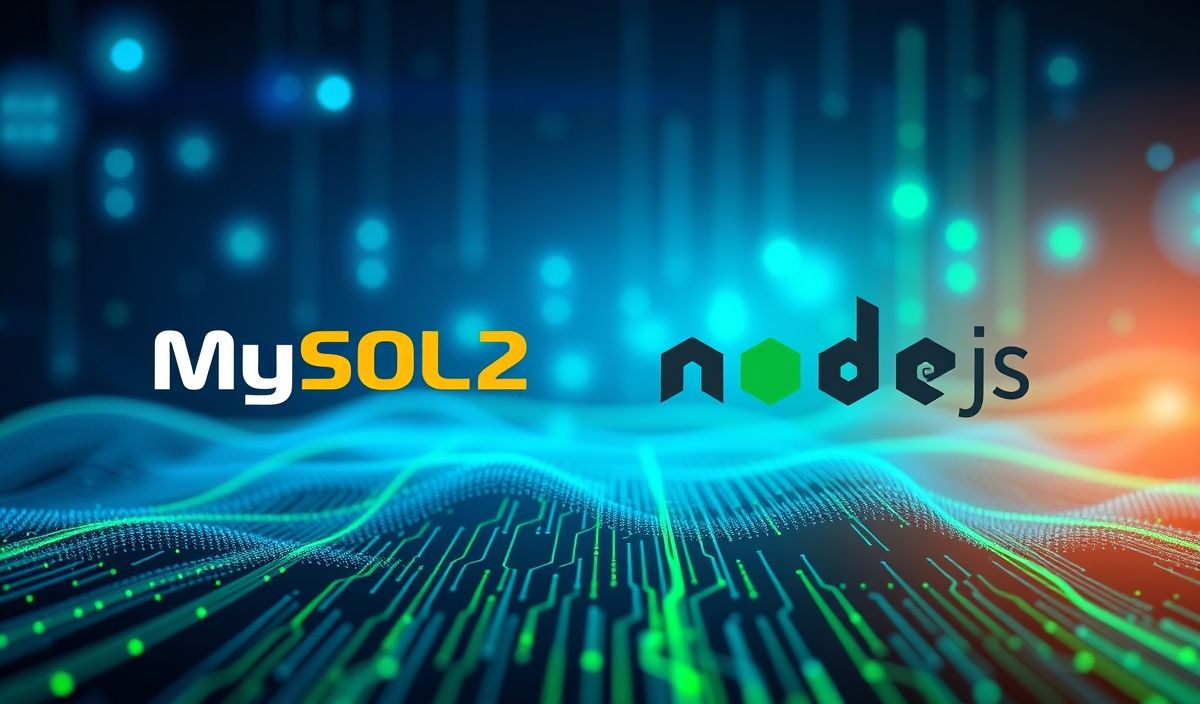Introduction to 0db-logger
The 0db-logger is a versatile and efficient logging library designed for Node.js applications. It offers a wide range of features and APIs to help developers implement robust logging mechanisms quickly and effortlessly.
Getting Started with 0db-logger
First, you need to install the 0db-logger package in your Node.js application:
npm install 0db-loggerBasic Usage
Here is a simple example to get started with 0db-logger:
const Logger = require('0db-logger');
const logger = new Logger();
logger.info('This is an informational message');
logger.error('This is an error message');Advanced Configuration
0db-logger allows advanced configurations to customize the logging behavior:
const Logger = require('0db-logger');
const config = {
level: 'debug',
transports: [
'console',
{
type: 'file',
filename: 'app.log',
maxSize: 1000000
}
]
};
const logger = new Logger(config);
logger.debug('This is a debug message');
logger.warn('This is a warning message');Custom Transports
Create and use custom transports for logging:
const Logger = require('0db-logger');
class CustomTransport {
log(level, message) {
// Implement custom logging logic
console.log(`[${level.toUpperCase()}]: ${message}`);
}
}
const config = {
transports: [new CustomTransport()]
};
const logger = new Logger(config);
logger.info('This is a message with custom transport');Using Middleware
Integrate 0db-logger with Express for HTTP request logging:
const express = require('express');
const Logger = require('0db-logger');
const app = express();
const logger = new Logger();
app.use(logger.middleware());
app.get('/', (req, res) => {
res.send('Hello, World!');
});
app.listen(3000, () => {
logger.info('Server is running on port 3000');
});Application Example
Below is an example application that utilizes the discussed APIs:
// app.js
const express = require('express');
const Logger = require('0db-logger');
const app = express();
const logger = new Logger({
level: 'debug',
transports: [
'console',
{
type: 'file',
filename: 'app.log',
maxSize: 500000
}
]
});
app.use(logger.middleware());
app.get('/', (req, res) => {
logger.info('Root endpoint hit');
res.send('Logging with 0db-logger!');
});
app.listen(3000, () => {
logger.debug('Application is running on http://localhost:3000');
});By following this guide, you can effectively implement and utilize 0db-logger in your Node.js applications for better logging and debugging capabilities. Enhance your application’s maintainability and performance with efficient logging practices.
Hash: 63bc78c76d3facfb1888aea13c2f241add1fde0178db8fc9f2b86d13278340cd




